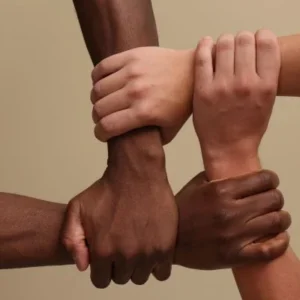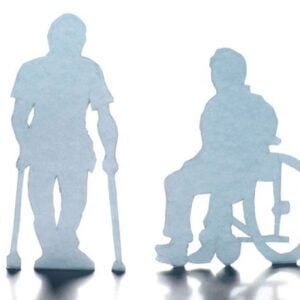On October 13, Martha García, a young disability activist and student at the National Autonomous University of Mexico, learned that the Supreme Court planned to change a legal precedent that could weaken the rights of people with disabilities to participate in the democratic process. In response, she and other activists organized a demonstration outside the court, urging that people with disabilities be heard before any final ruling was made. The court agreed to hold a public hearing on October 20.
However, the announcement of the hearing failed to meet basic accessibility standards. The notice posted on social media was not compatible with screen readers for blind individuals, lacked Mexican Sign Language interpretation, and was unavailable in easy-to-read formats. Additionally, the short deadline for participation made it difficult for many organizations and individuals to arrange necessary accommodations, limiting meaningful inclusion.
For Martha, who uses a wheelchair, attending the hearing required waking up at 4 a.m. to navigate both physical and social barriers that hinder people with disabilities from participating fully in public life. The draft ruling in case 182/2024 was written in highly technical legal language without plain-language versions, making it effectively inaccessible to those it most affects.
Despite these obstacles, Martha and her peers arrived early and were eventually allowed into the session. Yet, activists emphasize that real inclusion should not rely on persistence or luck. The court must engage in truly accessible ways, providing sufficient time and resources to ensure that all people with disabilities, regardless of their level of support needs, can participate equally in decisions that impact their lives.







